Russian Intelligence Officer Leaks Letter, Condemns Putin and the War
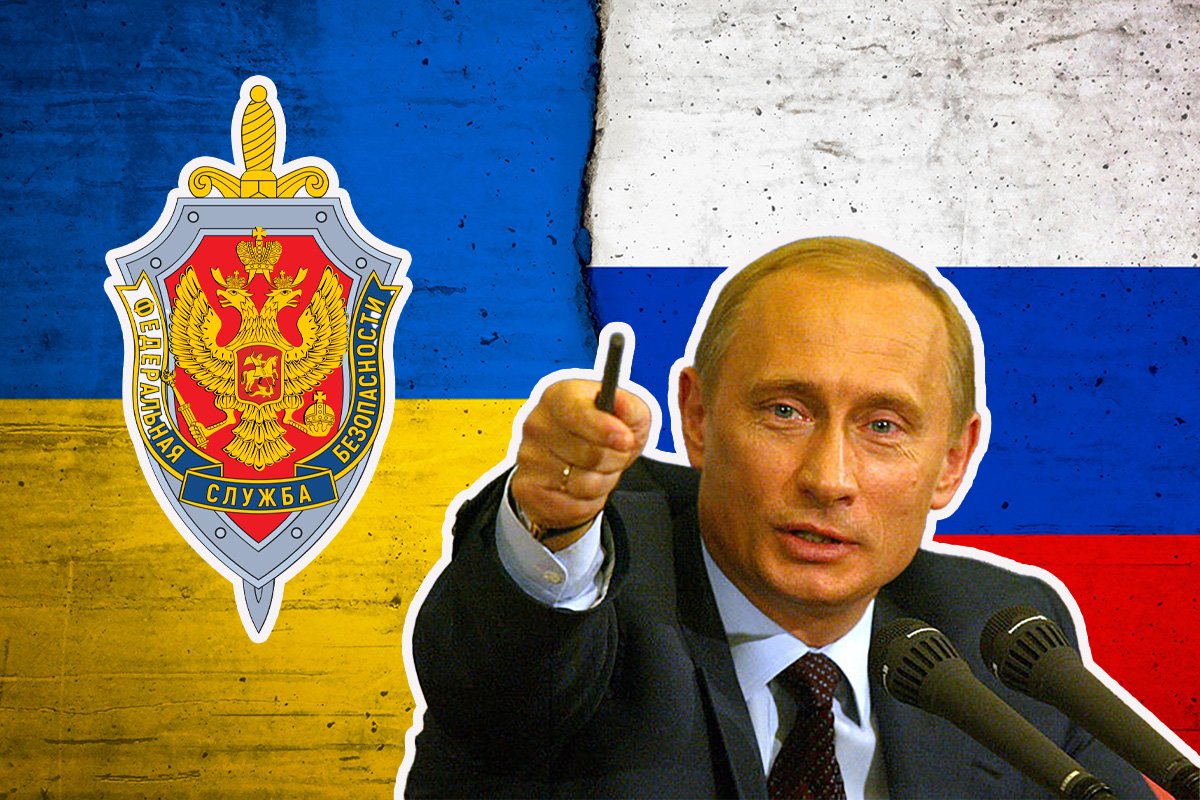
A Russian intelligence officer from the FSB reportedly leaked a letter condemning Putin’s War in Ukraine. Composite by Coffee or Die Magazine.
The war in Ukraine isn’t going well for Russian President Vladimir Putin and his military. The cracks in Putin’s own intelligence services seem to be starting to appear.
We are now a full month into the invasion and Russian forces have failed to achieve their primary objectives. Kyiv and other large cities are still standing defiant, while the Ukrainian government remains in place and has managed to attract an amount of international support that may have seemed outlandish before the war began.
In the field and in the air, Russian troops have suffered heavy casualties, both in men and materiel. If the numbers that the Ukrainian Ministry of Defense is putting out are even close to accurate (currently at 15,800), in a few weeks, the Russian military has lost more men in Ukraine than it did during ten years of fighting in Afghanistan in the 1980s. Independent footage from the ground and official U.S. assessments suggest that the Ukrainian numbers aren’t far from the truth. Russian estimates, while lower, still total over 10,000.
Throughout all of this, the ordinary Russian populace has been kept misinformed. When news of the invasion broke out, Putin went on Russian television to call the invasion a “special military operation” that aimed to liberate the Ukrainian people from the fascist Ukrainian government. Such outright lies might sound absurd to a Western audience, which has the ability to consume news from many sources and independently verify information, but they rang true to the ordinary Russian people who are force-fed government propaganda through practically every conceivable medium.
Despite all this, a letter has surfaced castigating Putin and the leadership of the Russian military and intelligence services. What makes this letter special is that it was (allegedly) written by an active Russian intelligence officer.
FSB: A Russian Whistleblower?
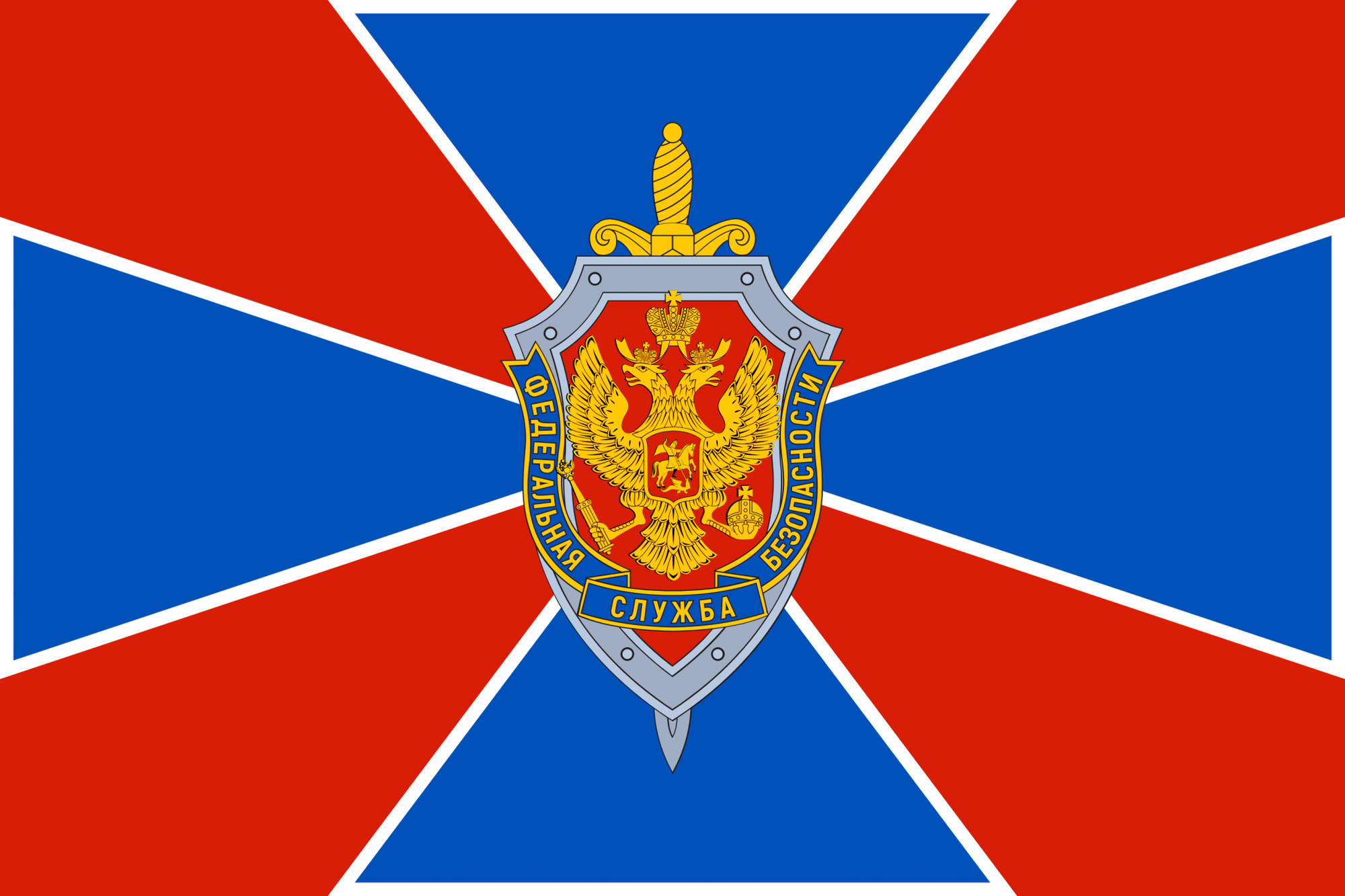
From the first days of the invasion of Ukraine, the world could see that the Russian strategy wasn’t going according to plan. At first, many thought that it was the brave Ukrainian defense that was stalling the Russian forces and that soon the invaders would have their way. But as the days passed, it became evident that something more was going on. The Ukrainian defenses may be performing better than anticipated, but Russian failures have certainly compounded their successes.
As destroyed and captured Russian tanks started to pile up, an FSB analyst leaked a letter about the war.
The letter was published by the reputable Gulagu.net, a website dedicated to tracking and reporting on corruption and human rights violations within the Russian intelligence apparatus. Christo Grozev, the executive director of the investigative team Bellingcat, which has uncovered several Russian intelligence operations in the past, has also assessed the letter to be true. (You can read the translated letter in full here.) The contents of the FSB letter point to deep-seated issues within the Russian intelligence apparatus, and offer some insight into why Russia’s invasion has thus far gone very poorly despite Russian forces boasting a significant numerical and technological advantage.
Last night, an alleged FSB whistle-blower letter was published that damned Russia's military performance in Ukraine and predicted a disaster for the RU in the next weeks and months. I wasn't sure if it was authentic – as Ukraine had previously leaked fake FSB letters as psy-ops.
— Christo Grozev (@christogrozev) March 5, 2022
The FSB (Federal’naya sluzhba bezopasnosti Rossiyskoy Federatsii) is Russia’s internal security and counterintelligence service that focuses primarily on domestic intelligence. It can be roughly equated to America’s FBI. It is the main successor to the KGB, however, and as such, has some external capabilities too. Interestingly, the FSB has played a large part in the invasion of Ukraine, shadowing the SVR (which is the foreign intelligence service of Russia and a rough equivalent to the CIA) and the GRU (which is the military intelligence agency of Russia and the equivalent of the Defense Intelligence Agency or DIA).
Doctored intelligence is leading to Russian debacles
According to the letter, Russian intelligence services were pressured to produce reports and intelligence that the Kremlin wanted to hear. The politicization of intelligence always comes with great risk, regardless of nation or governmental system. Doctored reports might encourage the consumer of intelligence to make poor decisions that could well backfire—as seems to be the case in Ukraine where the Kremlin believed that the Ukrainian forces’ defense would last just days.
“Recently, we have been increasingly pressed to customize reports to the requirements of management—I once touched on this topic. All these political consultants, politicians and their retinue, influence teams—all this created chaos,” the FSB analyst wrote.
To further complicate matters, it appears that only a few people knew about the imminent invasion of Ukraine and that even the Russian intelligence services were kept in the dark. Whether that was out of fear of compromise or because Putin hadn’t made up his mind about the invasion until the very last moment is unclear. It’s doubtful we will ever find out.
“Most importantly, no one knew that there would be such a war, they hid it from everyone. And here’s an example for you: you are asked (conditionally) to calculate the possibility of human rights protection in different conditions, including the attack of prisons by meteorites. You specify about meteorites, they tell you this is so, reinsurance for calculations, nothing like this will happen. You understand that the report will be just for show, but you need to write in a victorious style so that there are no questions, they say, why do you have so many problems, did you really work badly.”
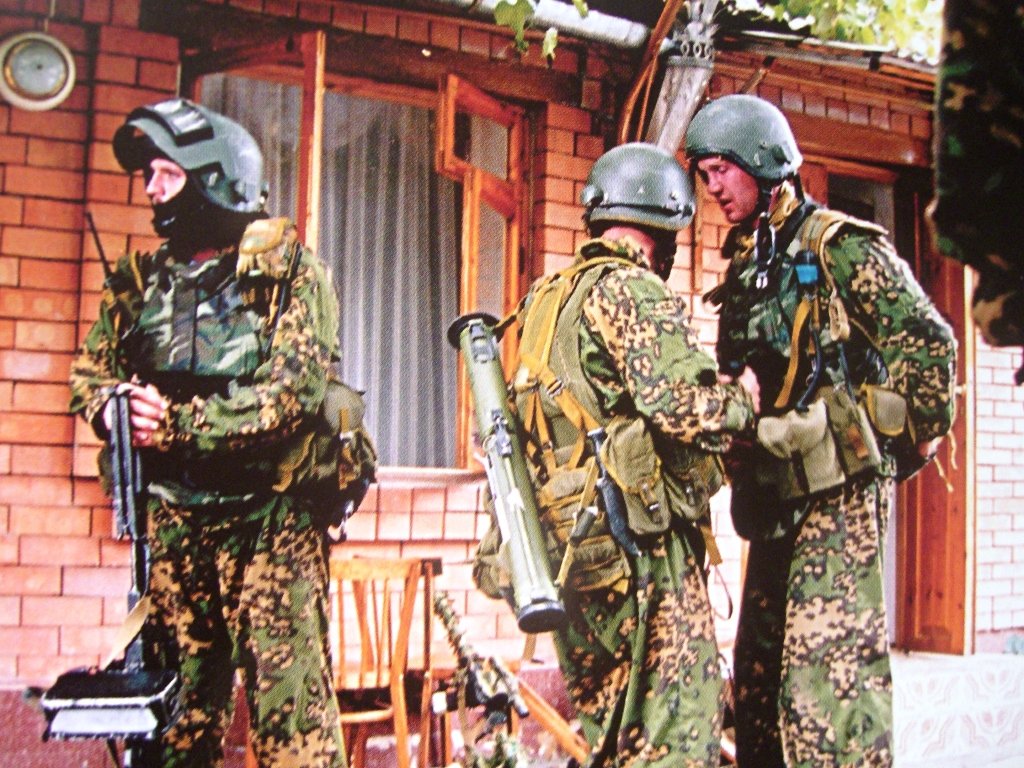
“In general, a report is being written that when a meteorite falls, we have everything to eliminate the consequences, we are great, everything is fine. And you concentrate on tasks that are real – we don’t have enough strength anyway. And then suddenly they really throw meteorites and expect that everything will be according to your analytics, which was written from the bulldozer,” the FSB analyst said.
Even if Russia manages to win the war, there will be no legitime entity to negotiate with, the FSB analyst suggests. Every strike against civilian targets increases the resolution of the Ukrainian people to resist the Russian invaders.
“Blitzkrieg failed. It is simply impossible to complete the task now: if Zelensky and the authorities were captured in the first 1-3 days, they seized all the key buildings in Kyiv, they gave them the order to surrender—yes, the resistance would subside to the minimum values. In theory. But what’s next? Even with this ideal variant, there was an unsolvable problem: with whom to negotiate? If we demolish Zelensky, well, with whom should we sign agreements? If with Zelensky, then after we demolish it, these papers are worth nothing,” the FSB analyst stated.
“Return Yanukovych [the former pro-Russian Ukrainian president who was ousted in 2014]? But as? If we say that it is impossible to occupy, then any of our authorities will be killed there in 10 minutes, as we leave. Occupy? Where are we going to get so many people? Commandant’s offices, military police, counterintelligence, security—even with minimal resistance from the locals, we need 500 thousand or more people. Not counting the supply system,” the Russian intelligence officer wrote.
The Nuclear Option
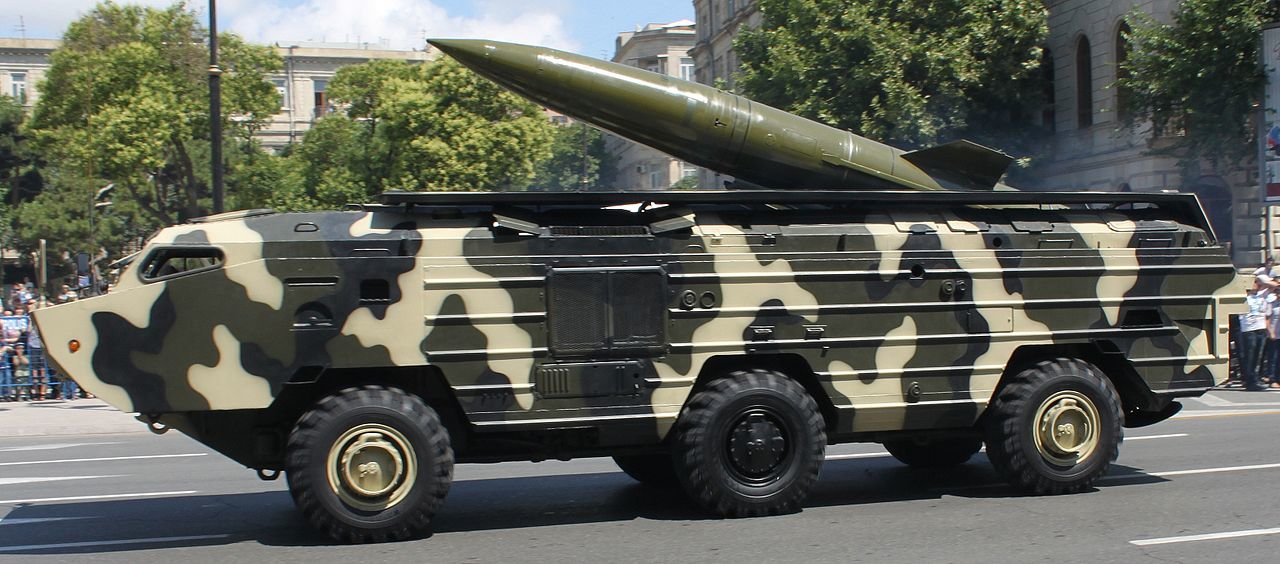
The FSB analyst also discussed the worst-case scenario that has been on everyone’s minds as soon as the Russian campaign began to falter: a tactical nuclear strike. In order to save face domestically and internationally, some have feared that Putin might resort to using nuclear weapons.
Normally, a military would use a tactical nuclear strike to break a local stalemate and thus facilitate the advance of its forces to achieve broader primary objectives. A tactical nuclear option is very much a localized strike that isn’t meant to trigger global nuclear war—at least in theory. In practice, the use of any nuclear weapon anywhere could potentially result in a nuclear exchange.
“From the cynical, I will only add that I do not believe that VV Putin will press the red button to destroy the whole world. Firstly, there is more than one person making a decision, at least someone will jump off. And there are a lot of people there – there is no ‘one-man red button,’” the FSB analyst said.
“Secondly, there are some doubts that everything is functioning successfully there. Experience shows that the greater the transparency and control, the easier it is to identify shortcomings. And where it is not clear who controls and how, but always bravura reports – everything is always wrong there. I’m not sure if the red button system works as advertised. In addition, the plutonium charge must be changed every 10 years,” the FSB analyst added.
For Whom The Bell Tolls
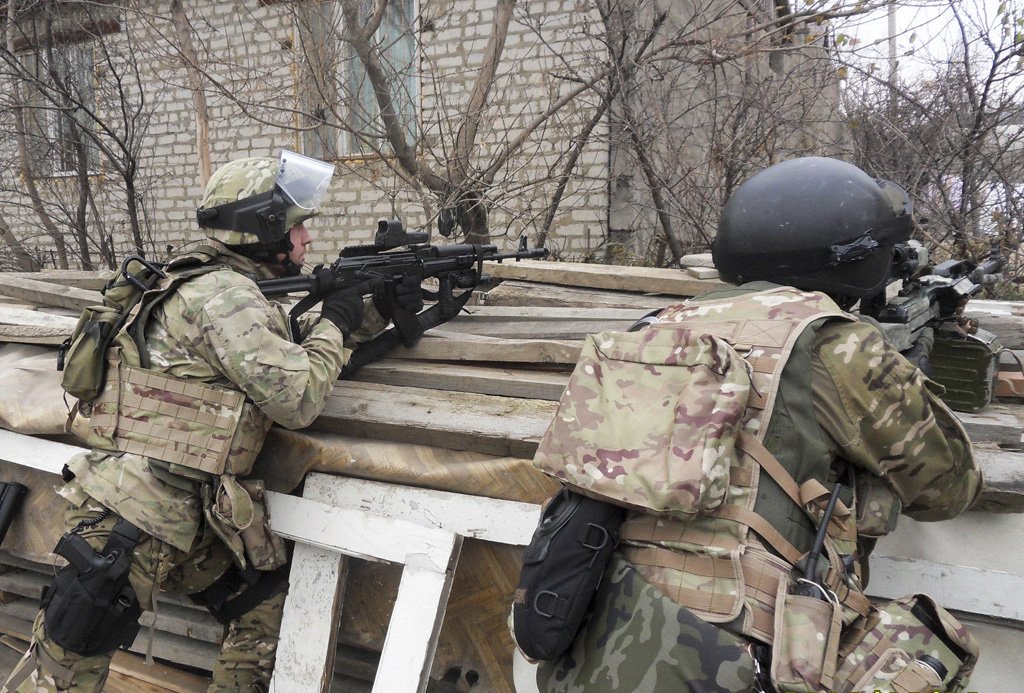
The Russian military’s poor performance in Ukraine is triggering consequences back home. Thus far, two FSB senior officers have been placed under house arrest. One of them is Colonel-General Sergei Beseda, the head of the FSB’s Service for Operational Information and International Communications, also known as the “Fifth Service.” This FSB organization is responsible for carrying out external operations.
Although a domestic intelligence agency, the FSB has some foreign authorities too. The FSB played such a large role in the preparation for the invasion of Ukraine because the Kremlin considers its neighboring nation to be a former member of the Soviet Union, and as such, a part of Russia. That seems to be the primary reason the FSB, and not the SVR or GRU, has led the way in planning and analysis throughout the invasion.
In addition, General Roman Gavrilov, the deputy commander of the Rosgvardia, the Russian National Guard, has been fired and arrested by the FSB.
With no sign of a Russian victory on the horizon, it remains to be seen for whom else the bell will toll and what will remain of the Kremlin’s hierarchy.
This article was originally published March 24, 2022, on Sandboxx News. Follow Sandboxx News on Instagram.
Read Next: Snake Island Defenders Who Told Russian Warship ‘Go F*ck Yourself’ Freed, Ukraine Says

Coffee or Die is Black Rifle Coffee Company’s online lifestyle magazine. Launched in June 2018, the magazine covers a variety of topics that generally focus on the people, places, or things that are interesting, entertaining, or informative to America’s coffee drinkers — often going to dangerous or austere locations to report those stories.
BRCC and Bad Moon Print Press team up for an exclusive, limited-edition T-shirt design!
BRCC partners with Team Room Design for an exclusive T-shirt release!
Thirty Seconds Out has partnered with BRCC for an exclusive shirt design invoking the God of Winter.
Lucas O'Hara of Grizzly Forge has teamed up with BRCC for a badass, exclusive Shirt Club T-shirt design featuring his most popular knife and tiomahawk.
Coffee or Die sits down with one of the graphic designers behind Black Rifle Coffee's signature look and vibe.
Biden will award the Medal of Honor to a Vietnam War Army helicopter pilot who risked his life to save a reconnaissance team from almost certain death.
Ever wonder how much Jack Mandaville would f*ck sh*t up if he went back in time? The American Revolution didn't even see him coming.
A nearly 200-year-old West Point time capsule that at first appeared to yield little more than dust contains hidden treasure, the US Military Academy said.












